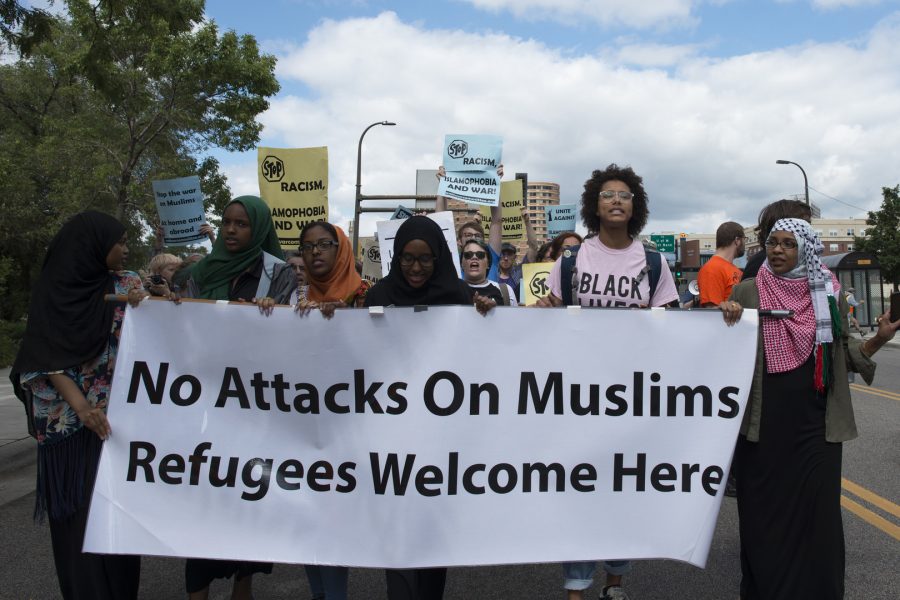I am appalled by the Supreme Court’s recent decision concerning President Donald Trump’s authority to restrict travel into the United States from seven countries: North Korea, Syria, Iran, Yemen, Libya, Somalia and Venezuela, because it’s unconstitutional.
It applies to travelers from those countries based on their inability to provide information necessary for immigration vetting. Strong vetting procedures have already been authorized by Congress, and reviews of applications for possible links to terrorism are also in place.
Therefore, restricting all travelers from certain countries simply because they are citizens of those countries is deeply troubling. In the past, we have seen the horrific effects of excluding and marginalizing whole classes of people based on their ethnicity, nationality, religion, gender identity or other characteristics.
The decision of the 9th Circuit in the Washington State case, which halted enforcement of the original ban across the country, covered not only the green-card and visa holders excluded from the new order but also a much larger group: people from the banned Muslim countries who don’t currently have visas but would like to come to the United States to see their families, study at our universities, do business or even just visit. The administration’s obvious play here is to focus the court’s attention on this last group, who do not already have a recognized immigration status.
People seeking to travel to the United States traditionally cannot claim the right to a visa and are the most vulnerable to being excluded. But American Muslims surely do have rights, which are very much at stake with this attempt to bar those who share their faith.
I join the many people and communities of faith who are concerned about the practical and psychological impact this decision will have on Muslims globally and in the United States. In his presidential campaign, President Trump articulated time and again his intent to ban Muslims from the United States, fueling Islamophobia in our public discourse.
While the Executive Order Protecting the Nation from Foreign Terrorist Entry into the United States does not explicitly target Muslims, its impact disproportionately affects them — as most of the restricted countries are Muslim-majority. Religious bigotry by any other name is still religious bigotry.
With this court decision, we are again reaching a point where the assertion of “national security” by the executive branch of government results in the rejection of all other considerations in national policy discussions. Let us recall that all people are created in God’s image and, therefore, rather than have suspicion be our assumption, let us attribute to them honor and respect as God does.



